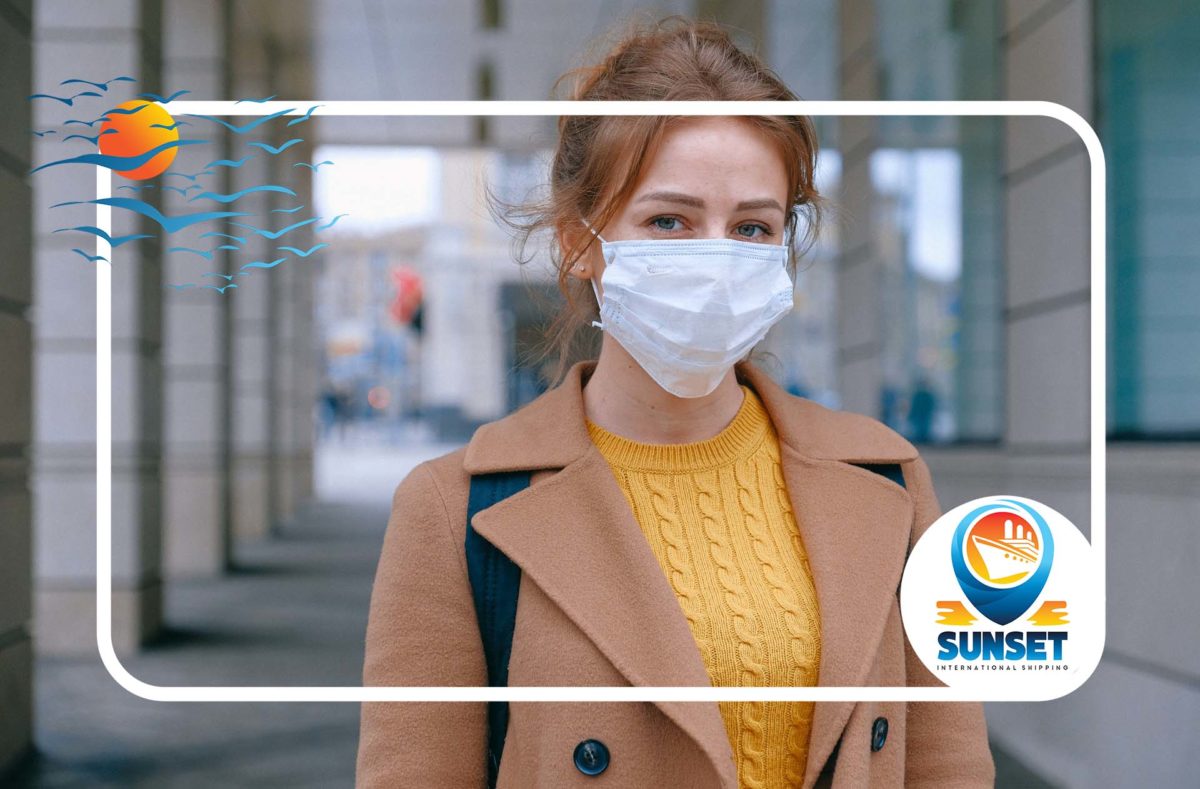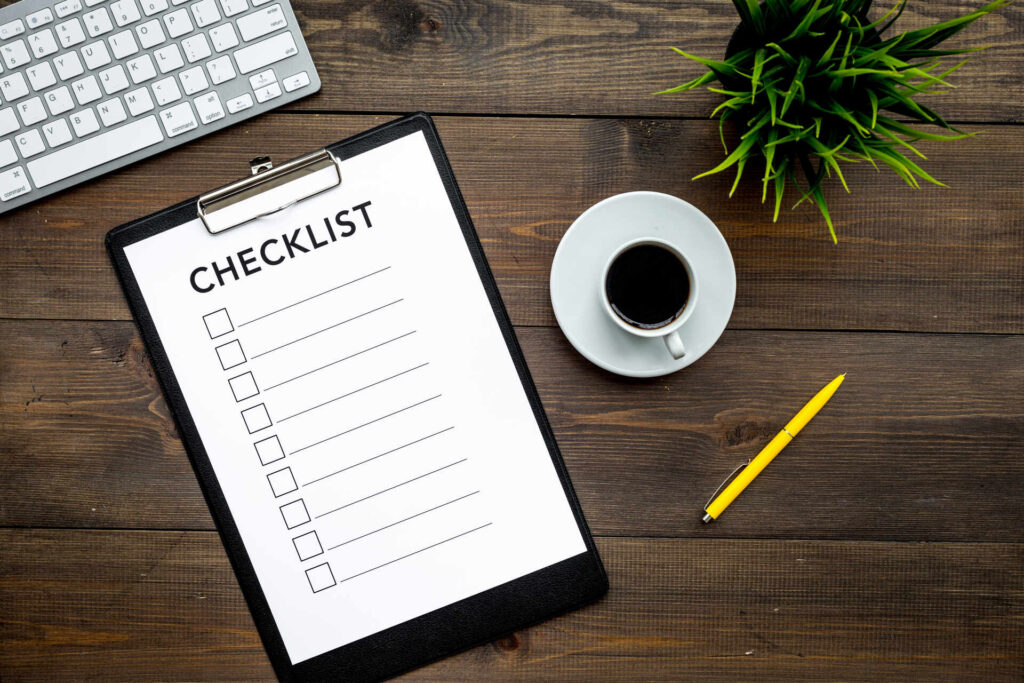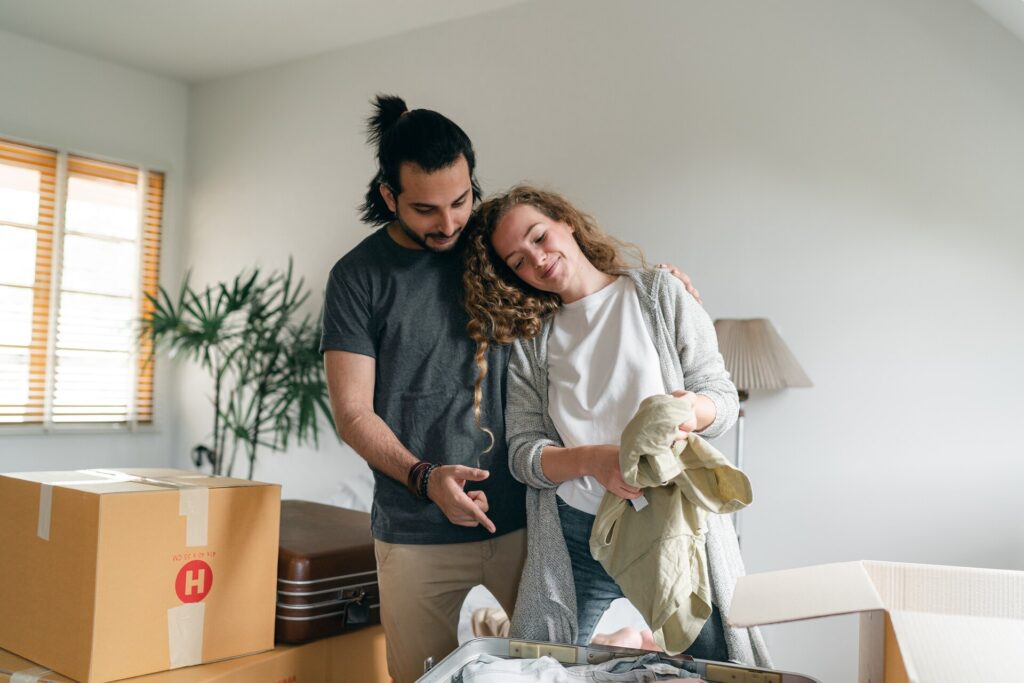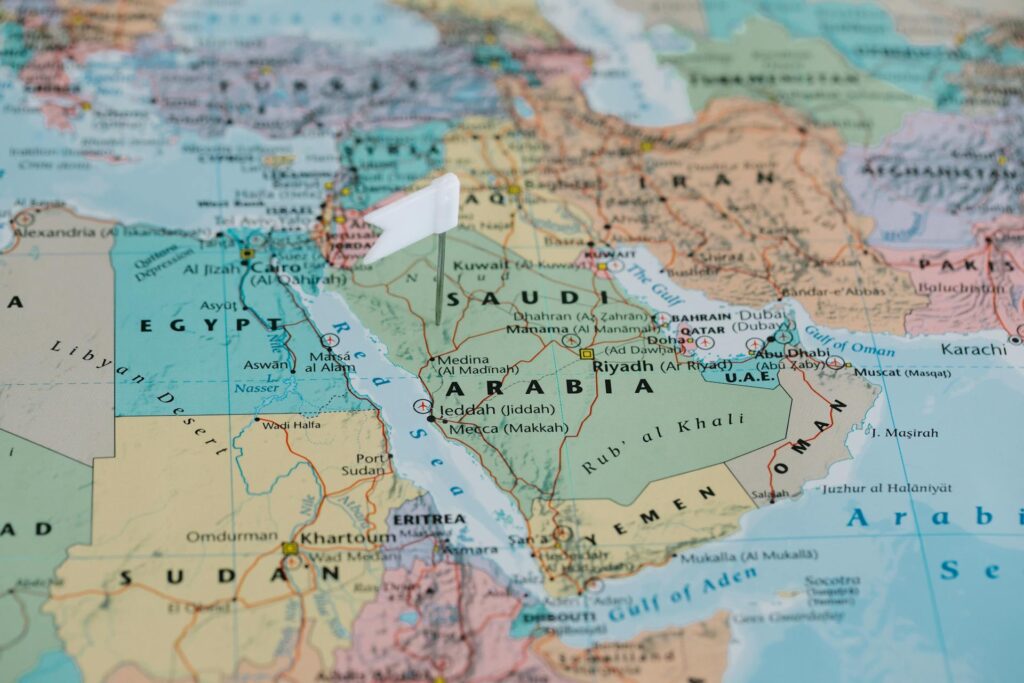The outbreak of COVID-19 has forced us to follow specific measures of prevention. If you live and work as an expat in a foreign country, here’s everything to know about coronavirus, as well as how to protect yourself and those around you.


Facts About COVID-19
Even though it belongs to the family of viruses that cause SARS and MERS, COVID-19 or Novel Coronavirus (2019-nCoV) is, in fact, a new strain.
In one of the first reports by CDC, coronaviruses are classified as common in some animal species, such as cats, bats, camels, and cattle. However, a severe number of human patients first infected with COVID-19 had consumed seafood and frequented live animal markets.
Coronavirus infects the lungs and causes viral pneumonia. Reports have shown that a progression of coronavirus can cause illnesses in around 20% of patients. We are also witnesses that the fatality rate is high, and the most vulnerable group are senior citizens.
The World Health Organization declared a COVID-19 a pandemic because almost every country in the world has confirmed cases of infection. Even though there is serious monitoring of the number of newly infected, it is a fact that in many countries not everyone who potentially has coronavirus has been tested, nor are they under medical observation and/or treatment.
The Brief History of COVID-19
The first major outbreak of coronavirus started in China, in the city of Wuhan, Hubei province, in December 2019. It has since rapidly spread from person to person and has evolved into the most burning global crisis in years.
It’s safe to say by now that no country in the world will be spared from the effects of the pandemic, but Spain and Italy are the countries with the highest number of infected cases and deaths at the moment. Other countries that are taking a hit are Iran, with nearly 20,000 cases and over 1,000 deaths, followed by Germany and the US, with around 14,000 and 12,000 cases, respectively.
At this moment, governments from all over the world are taking measures to prevent further spread of COVID-19.
Symptoms That Indicate a Possible Infection
Symptoms of coronavirus include cough, fever, and shortness of breath. If not treated on time, COVID-19 can cause severe acute respiratory syndrome, pneumonia, kidney failure, and even death. High-risk groups include older generations, as well as people with compromised immune systems – those suffering from chronic conditions such as diabetes.
Studies have shown that symptoms may appear as early as two days or take 14 days after the exposure. If you feel sick, it is crucial to immediately contact medical authorities, especially if you have visited a high-risk area or been in contact with someone who is/was infected with coronavirus.
Many countries have also started the practice of telemedicine. There are phone numbers available to call if you feel sick. Most importantly, don’t go to hospitals; make a phone call first, and a nurse or a doctor will explain what you should do. By not going straight to the hospital, you prevent the potential and severe spread of coronavirus in medical institutions.


Ways of Treating the Coronavirus
Experts from all over the world and the World Health Organization are trying to find a treatment for COVID-19. After China, the first scientists who started working on the development of the antibody test are from Australia. As of now, there is still no confirmed form of treatment against coronavirus.
Due to the restriction of movement, limit on flights, and quarantine, if you are an expat and you catch COVID-19, there is a chance that you will not be medically evacuated. That is why you should consider taking all measures necessary to prevent infection.


A Guide to Protect Yourself If You Are an Expat
As the virus keeps spreading across the globe, it is crucial that all of us, as individuals, take certain precautionary measures. By doing so, we will not only protect ourselves, but also our loved ones, and the whole community. Here’s what you can do:
- Wash your hands frequently with soap and water for at least 20 seconds. If, in some cases, soap and water are not available, use alcohol-based sanitizer for hands
- Try not to be near sick people, even if it might not be a case of the virus
- Please do not touch your mouth, nose, and eyes with unwashed hands
- Always use a tissue to cover your sneeze or cough, then throw the tissue in the trash
- If you live in the infected zone, consider using a mask when leaving the house
- Try to stay away from crowded places, especially if you live in Europe


Make Sure to Have a Health Insurance
Not having the appropriate insurance can cause you a lot of expenses if you get sick. That’s why, if you are working in Europe as an American, the best solution is to get global medical coverage. Having global insurance will ensure you the best coverage wherever you are. Talk to your insurance provider and check what your options are.






